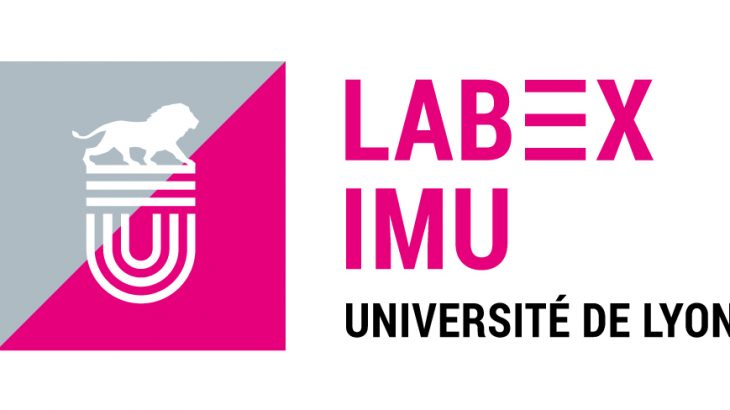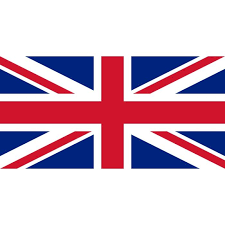Résultats de la recherche pour : data
-
16 juillet 2018
RESILIENCE – Research on the social and political issues surrounding energy precarity and energy consumption (2016)
Summary: The rise in energy prices in the 2000s revealed the energy vulnerability of certain households, linked to their dependence on cars, for some, or the poor thermal performance of their homes, for others, or even both at the same time. A number of research and operationally oriented works have been conducted to define, measure […]
+
-
IOUQMER – Impact of urban organisations on the microbiological quality of surface runoff and the spread of the pathogenic species Pseudomonas Aeruginosa (2016)
Summary: Urban conurbations accumulate and concentrate a number of pollutants. Paradoxically, although urbanisation appears increasingly as a formation of ecosystems having global impacts, urban ecology attracts little attention, particularly as concerns health and hygiene issues including microbiological contamination in cities, apart from in hospitals. Research has recently commenced in this area. The prevalence of certain […]
+
-
HIREAU – How to reconstitute the history of sanitation and drinking water networks – application to the Lyon Métropole area (2016)
Summary: The sanitation and drinking water networks were built and extended by and for the city. This existing heritage affects management practices: several studies have shown the primordial importance of knowing the installation date and pipe materials in order to estimate their current state of deterioration and predict their degradation. The challenge for Lyon Métropole […]
+
-
FABPAT – Sharing the shaping of heritage – Approach and issues concerning the Historical Urban Landscape (HUL) (2016)
Summary: This project is taking place in a context of a significant transformation of the manner in which Unesco world heritage sites, including Lyon (1998), are taken into account and managed. Labex IMU was approached by regional players to implement these new procedures and the proposed consortium includes both the site’s heritage operators and scientists […]
+
-
URPOLSENS – Wireless SENSor Networks for URban POLlution Monitoring (2015)
Summary: Monitoring air pollution is an issue of major importance. Today, knowledge about concentrations of pollutants is obtained by combining models of road traffic, weather, etc. and precise measurements taken by a few stations but very costly and therefore few in number. This results in estimates of average pollution levels on a very large scale. […]
+
-
RESALI – Food systems and networks – Innovative and exploratory information systems for greater food justice in metropolises (2015)
Summary: Feeding cities better both in terms of quantity and quality, especially major conurbations, constitutes a challenge for future urban worlds, conceived in particular in terms of sustainability and food justice. At the scale of urban food systems, we need diagnostics to understand in a systematic manner the relationship between consumption basins, supply and food […]
+
-
PATHO-AIR – Use of retention basins in managing storm water: Evaluation of the exposure of neighbouring populations and operators to bioaerosols and pathogenic bacteria (2015)
Summary: The urban environment today concentrates most of the global population and this process does not seem likely to change. As such, town and cities have organised themselves accordingly and significant environmental changes have followed. The water cycle has been particularly disrupted, which has led to the emergence of new risks for societies and their […]
+
-
5 juillet 2018
MOB-ACCESS – Development of a platform to observe and analyse interactions between mobility and employment accessibility, and their implications for the territory of the Lyon metropolitan area (2014)
Summary: Improving accessibility to transportation, particularly road transportation, has enabled households and businesses to form in spaces that are increasingly separate and distant from cities, taking advantage of a more affordable property market and a favourable environment in terms of agglomeration amenities or savings. This accessibility has contributed to longer mobility distances and to greater […]
+
-
IMU-MIC – Intelligence of urban worlds and health risks: case of exposures to infectious agents carried by rainwater (2012)
Summary: The IMU-MIC project explores the ecology of human pathogenic bacteria in a rainwater catchment basin via interdisciplinary approaches to identify social practices and environmental forces that foster the dissemination of these bacteria in rainy seasons. The project goals are: – The creation of a multidisciplinary working group with expertise in social practices around urban […]
+
-
EPOC – Establishment of a local policy of adaptation to climate change: creation of an extramural observatory (2014)
Summary: Policies for adapting to climate change aim to improve societies’ ability to respond to climate and energy constraints to make them less vulnerable. However, actions taken are generally limited to efforts to raise awareness, resulting in normative top-down policies. The notion of territory is therefore rarely taken into account. The goal of this project […]
+


